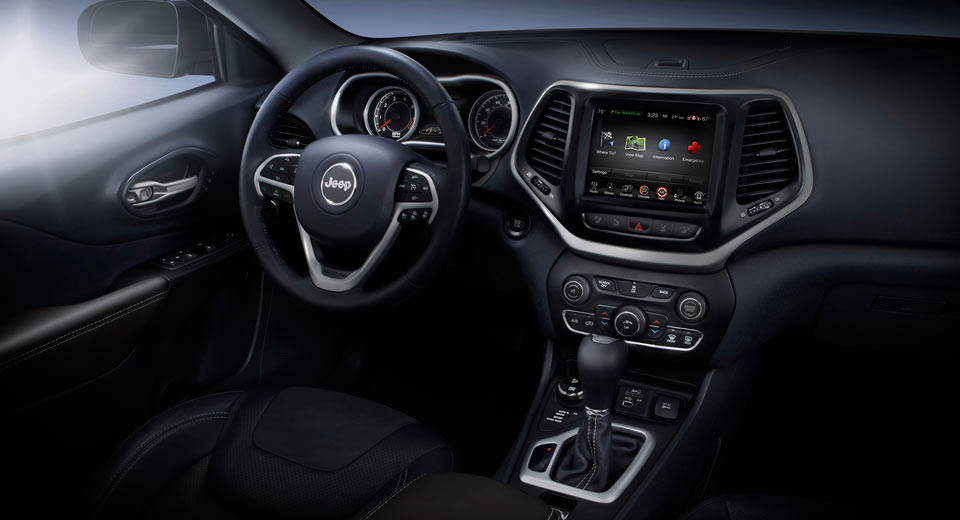In stunning CIA documents published by WikiLeaks, it emerged that the Central Intelligence Agency has looked into hacking cars.
While Wikileaks claims that this could be done to commit “nearly undetectable assassinations”, there’s no evidence that this is what the CIA has done or is planning to do. Nevertheless, this information does raise fresh concerns about the about the security vulnerabilities of millions of vehicles on the roads.
One of the highest profile car hacking incidents occurred in 2015 when two security researchers hacked into a 2014 Jeep Cherokee and took control of the steering, engine and brakes. Fiat Chrysler Automobiles ultimately recalled 1.4 million vehicles over security concerns.
In 2016, German researches demonstrated how 24 different vehicles with wireless key fobs could be unlocked and turned on by hacking into the key fob remotely and amplifying its signal. With many new vehicles equipped with internet, Bluetooth and satellite connections, they are now more vulnerable to hacking than ever before, The Washington Post reports.
Among the greatest concerns about vehicle hacking is that someone could remotely cause a car to crash. While this is possible to highly-trained hackers, it is something unfathomable to most criminals. Additionally, researcher and developer at the University of Michigan Transportation Research Institute, Sam Lauzon, says many automakers are now isolating the computers that control key vehicle functions from other technologies, such as entertainment systems, which are in greater jeopardy of being hacked.
There’s little vehicle owners can do to prevent hacking meaning automakers will be forced to increasingly look at improving security as cars continue to become more technologically advanced.



